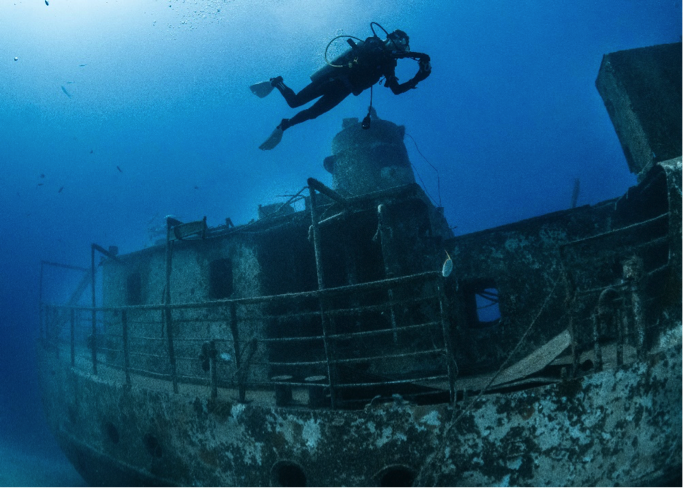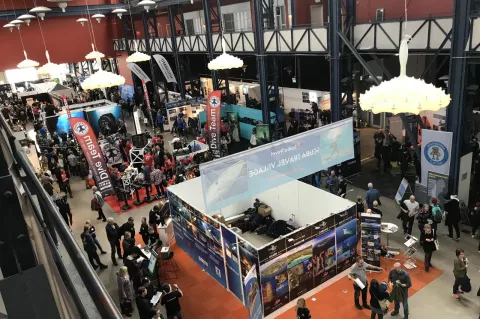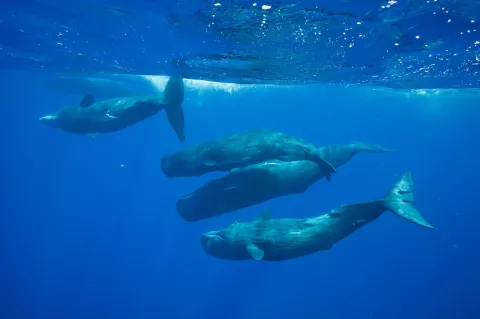Learning the swimming secrets of dolphins and whales
This scenario may one day become reality. And to be efficient, such robots would need to be maneuverable and stealthy, and be able to closely mimic the movements of the marine creatures.
Scientists like Keith W. Moored are working on the next generation of underwater robots by studying the movements of dolphins and whales. "We're studying how these animals are designed and what's beneficial about that design in terms of their swimming performance, or the fluid mechanics of how they swim."
















